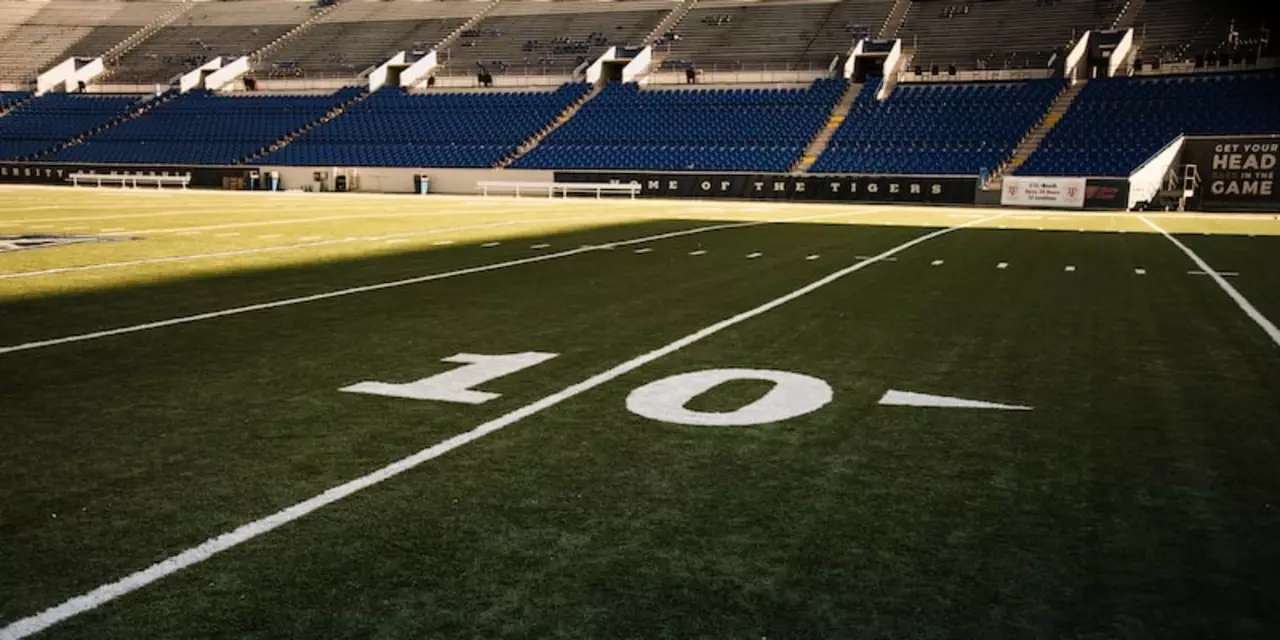Gambling in Sports and Events
When talking about Gambling, the act of risking money on an uncertain outcome, usually for entertainment or profit. Also known as betting, it has shaped how fans watch football, baseball, and even reality TV. Understanding the core idea of gambling helps you see why a night at the Super Bowl feels different when there’s a wager on the line.
Key Players in the Gambling Landscape
A major branch of gambling is Sports betting, placing bets on the results of sporting events such as NFL games or college football matchups. It connects directly with many of the posts we feature, from discussions about the Super Bowl to the infamous "witching hour" of NFL Sunday. Betting odds, the numerical expression of a wager’s probability and potential payout are the language fans use to compare teams and decide where to put their money.
Behind every bet sits a bookmaker, a company or individual that sets odds and accepts wagers. Bookmakers balance risk, profit margins, and market demand, especially when big events like the Super Bowl attract massive betting volume. The relationship can be summed up as: Gambling encompasses sports betting, which requires betting odds, which are provided by bookmakers.
While the excitement is real, gambling regulation, the set of laws and licensing rules governing how and where bets can be placed shapes the whole ecosystem. Regulations determine whether online casinos can operate, how bookmakers report winnings, and what safeguards exist for problem gamblers. In the UK, the Gambling Commission enforces strict standards that influence everything from local betting shops to global online platforms.
These entities don’t exist in isolation. For example, sports betting spikes during the NFL’s “witching hour,” where late‑afternoon games produce dramatic shifts in betting odds. Bookmakers respond by adjusting lines in real time, a process driven by regulation that demands transparency and fairness. That dynamic creates a feedback loop: the more fans watch, the more money flows, the tighter the regulation becomes, and the sharper the odds get.
Our collection below reflects these connections. You’ll find a mix of opinion pieces on whether the Super Bowl could be staged, analysis of why Los Los Angeles lacks an NFL team, and deep dives into the role of luck in team sports. Each article touches on at least one of the core entities—whether it’s the betting odds that shift during a close game or the regulatory landscape that governs online wagering.
Ready to see how gambling threads through the world of sports, from college football playoffs to the global craze over baseball’s biggest markets? Scroll down to explore diverse viewpoints, practical tips, and behind‑the‑scenes insights that illustrate how gambling, sports betting, odds, bookmakers, and regulation all play together in the games we love.
NFL football is an immensely popular sport in the United States, and its matches have become increasingly popular for gambling purposes. However, there have been allegations that the NFL is fixed for gambling purposes, and that some of the teams and players involved have been involved in match-fixing. This article will discuss whether or not these allegations are true and if so, what can be done to combat the problem.

 Sports News
Sports News